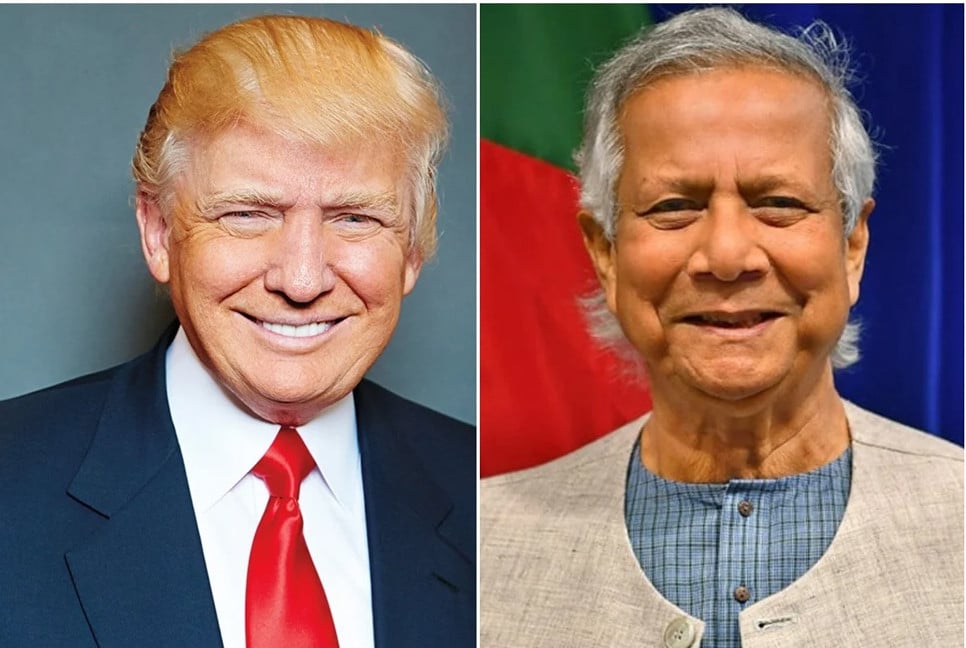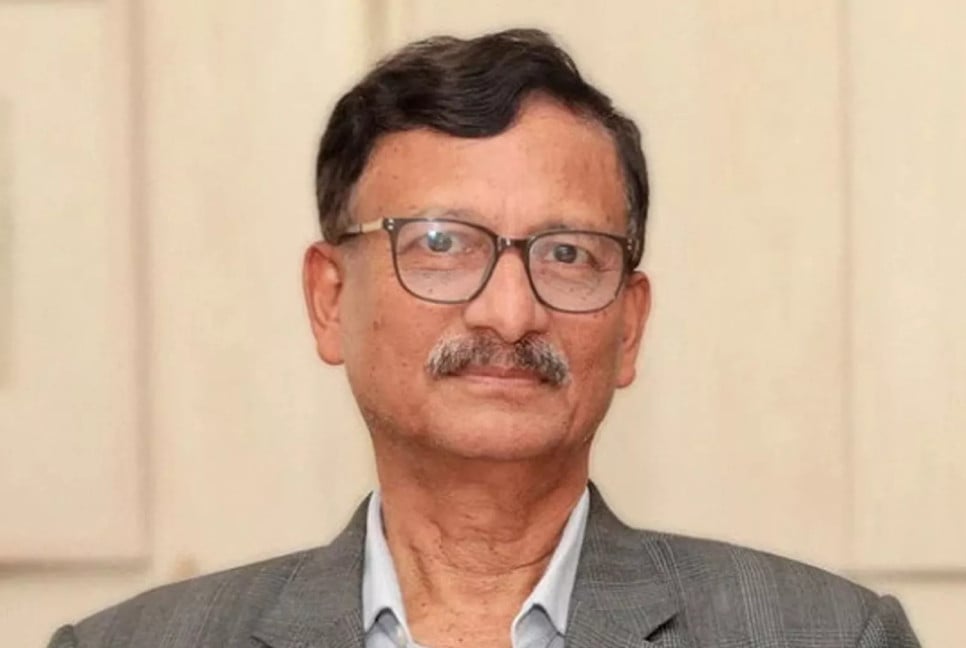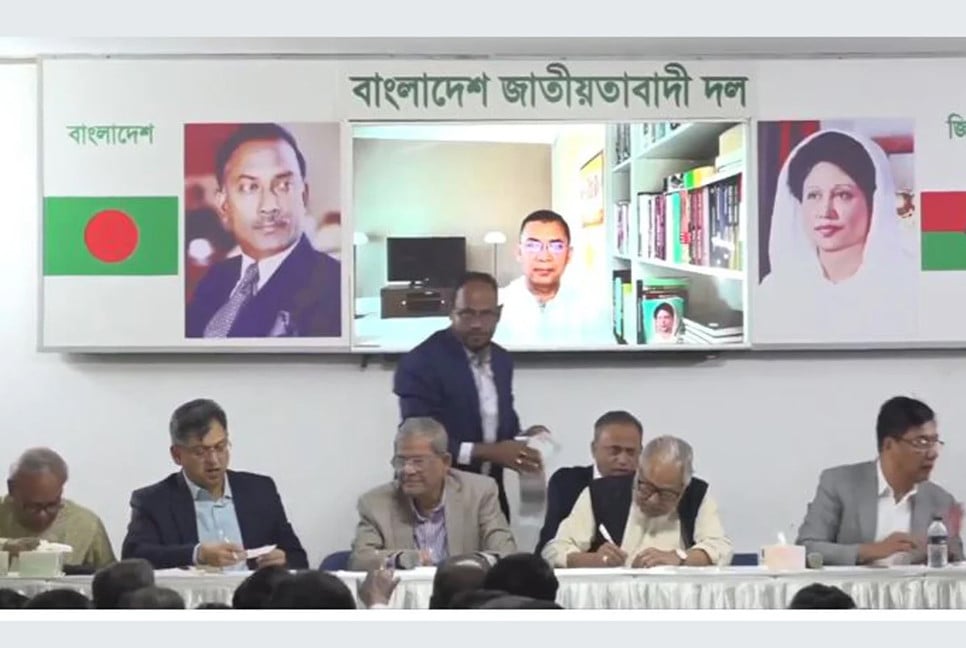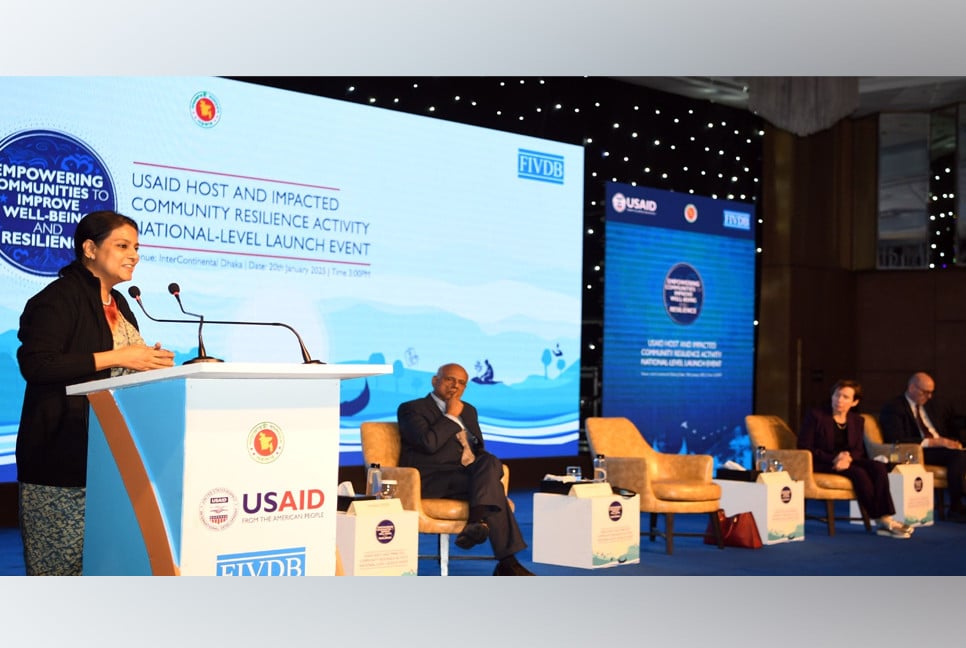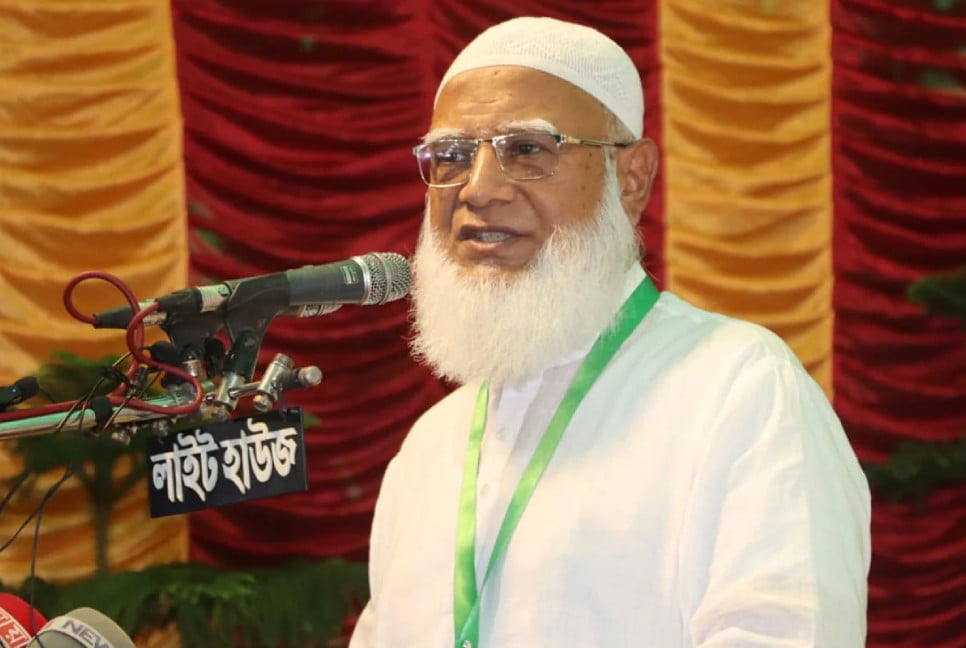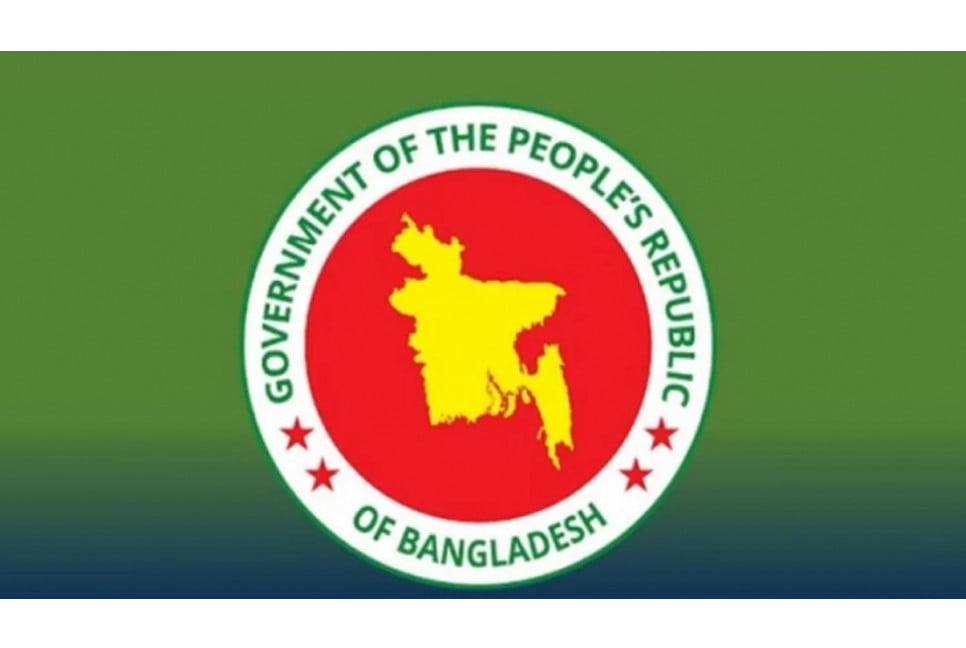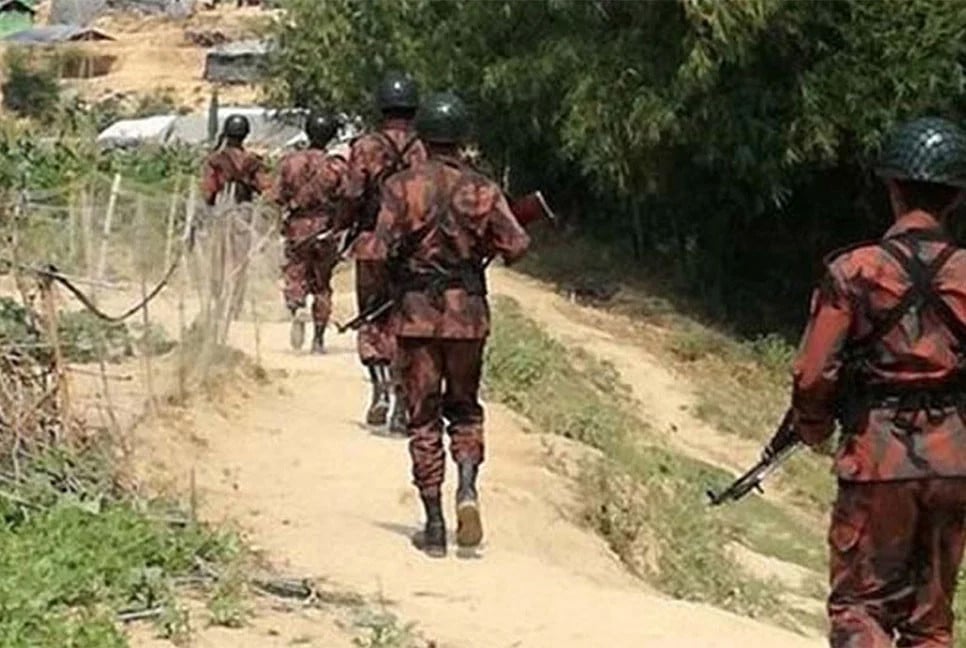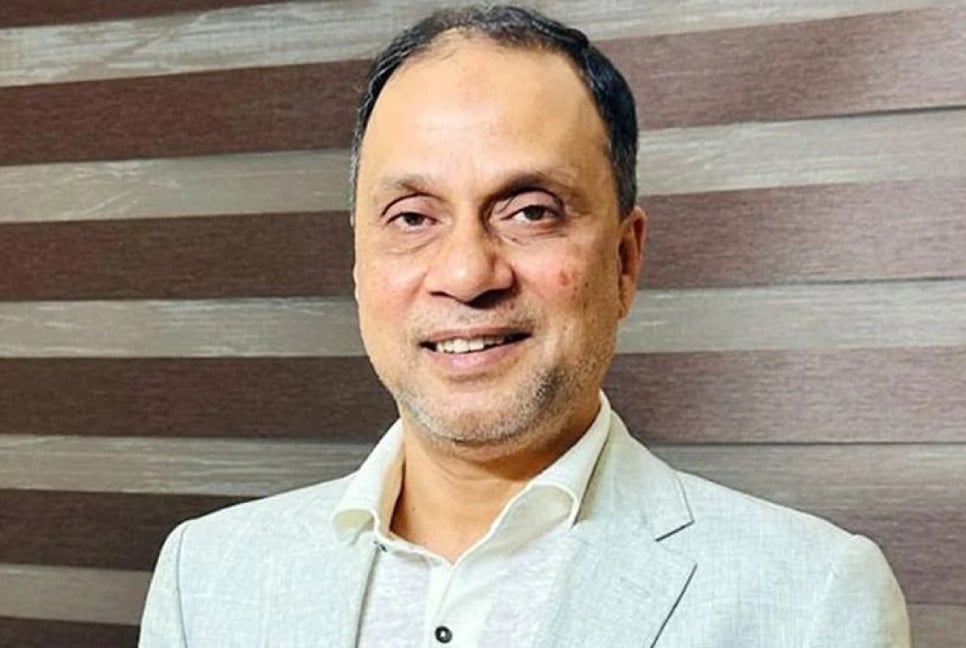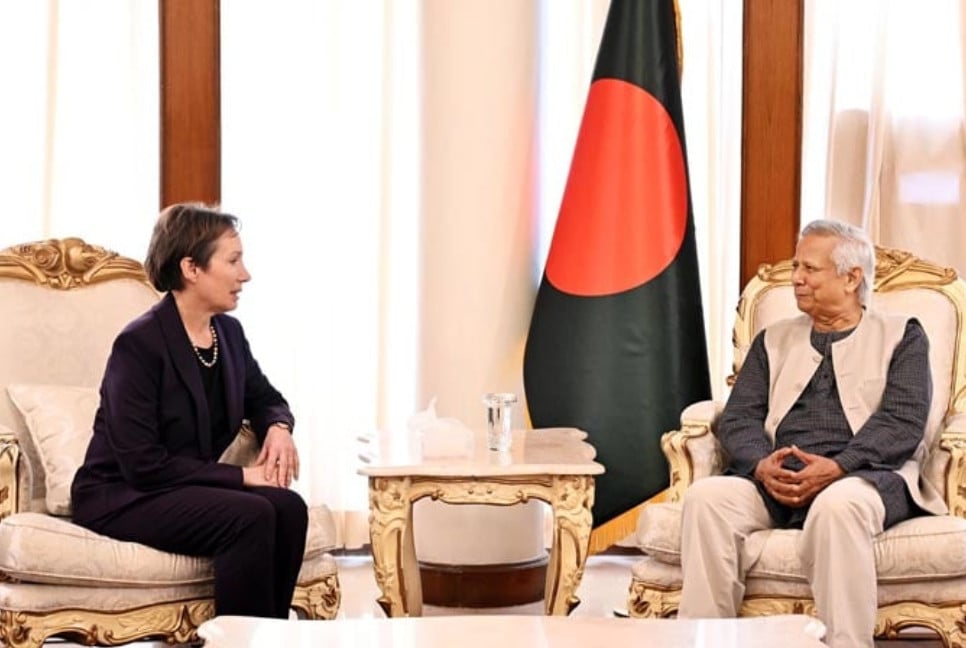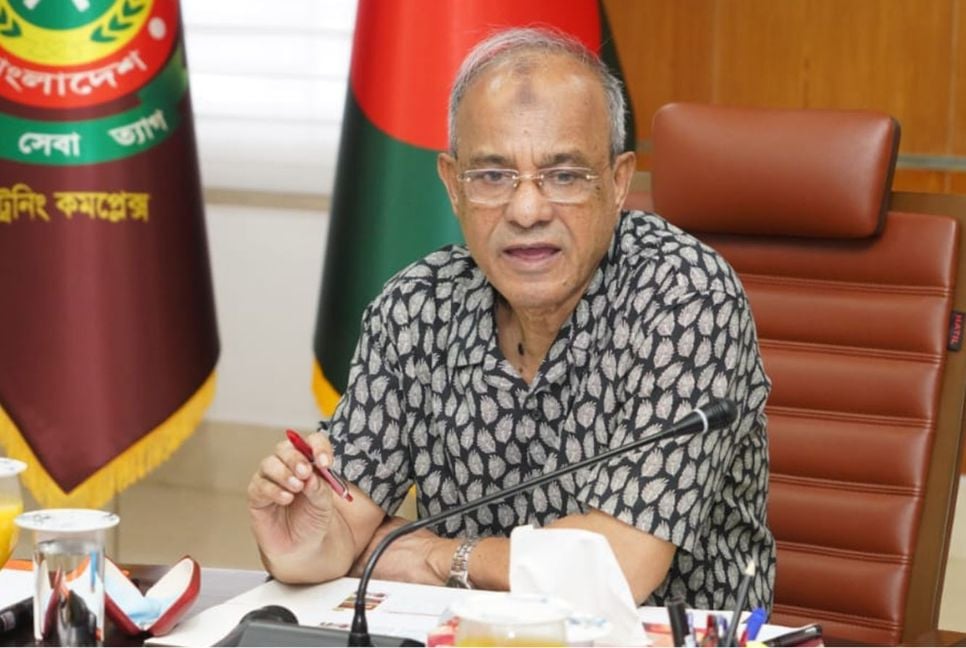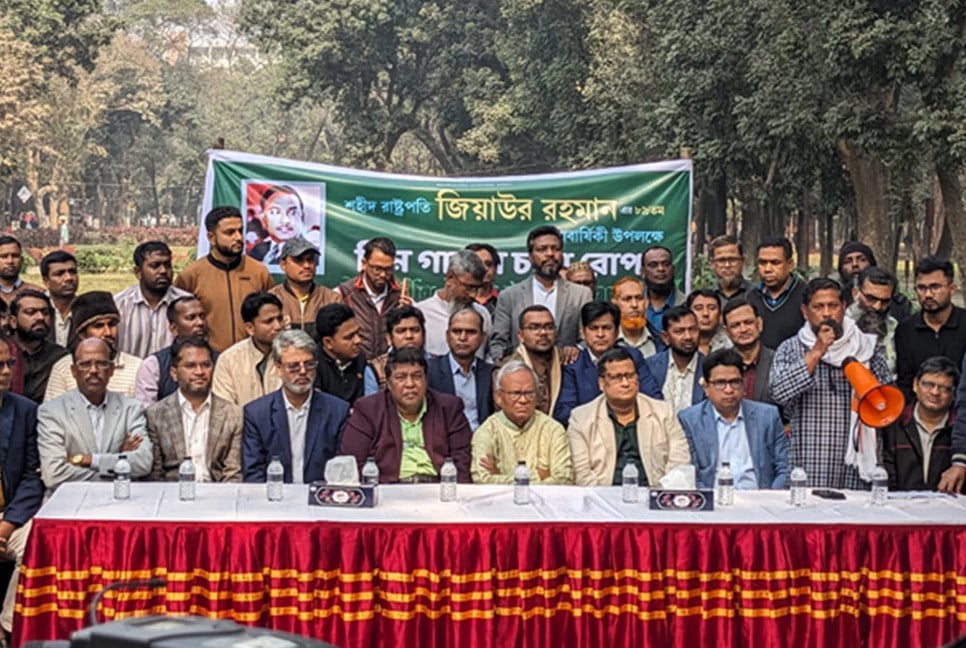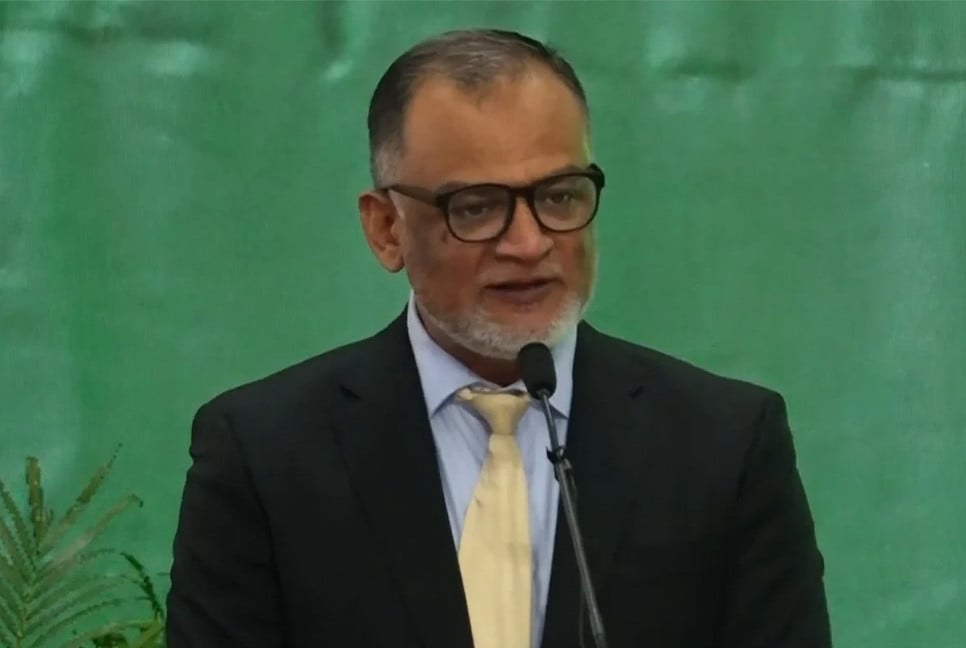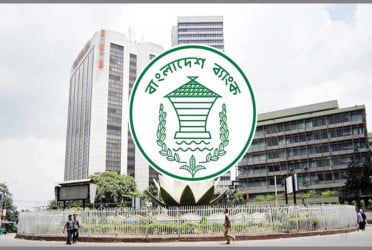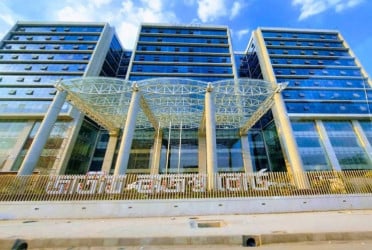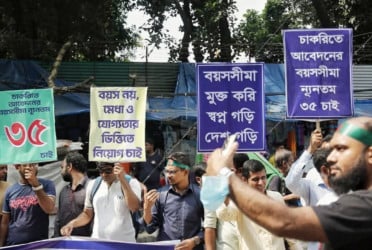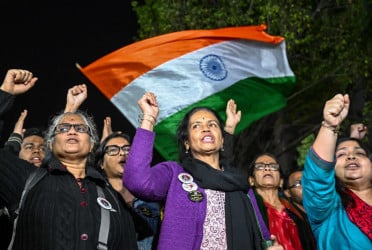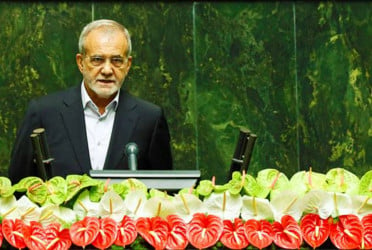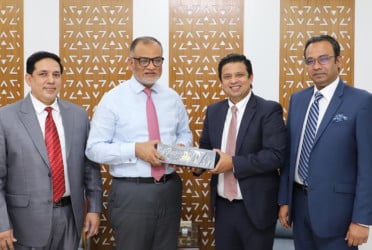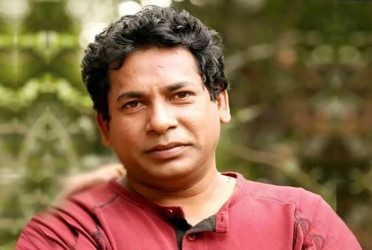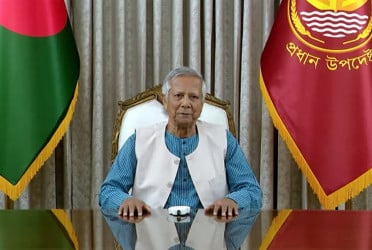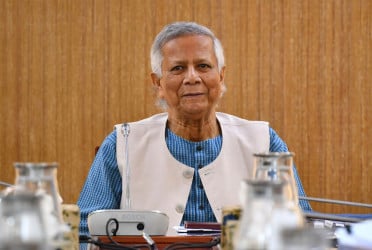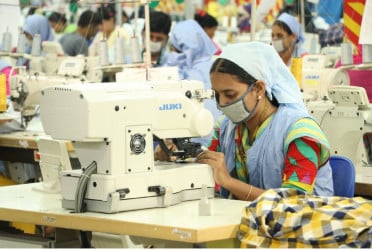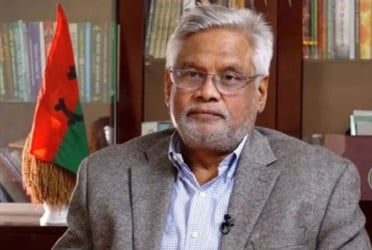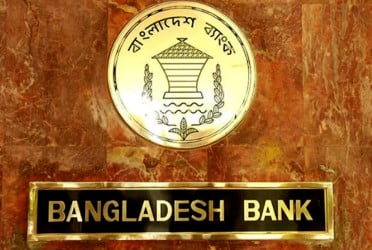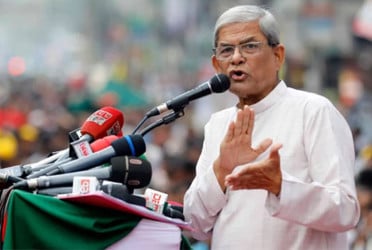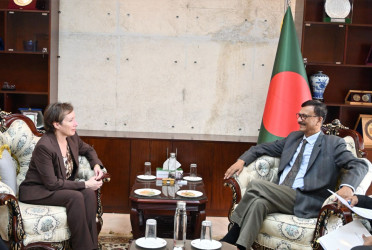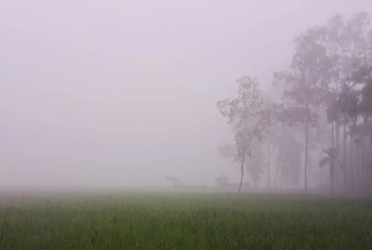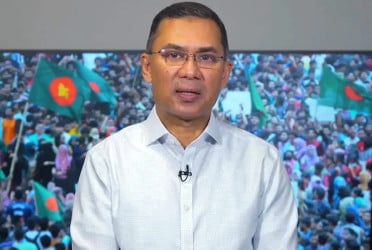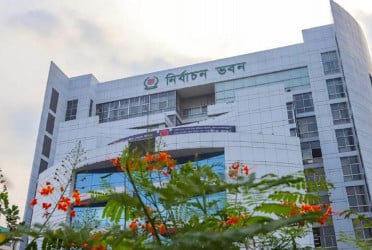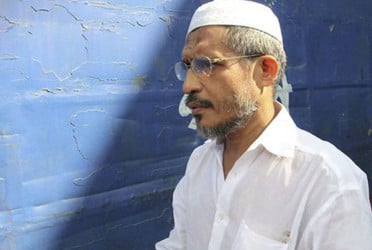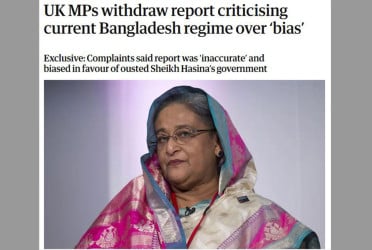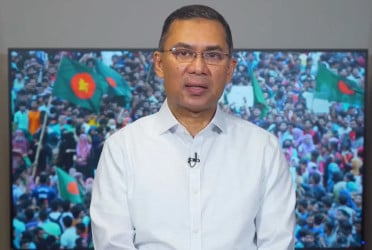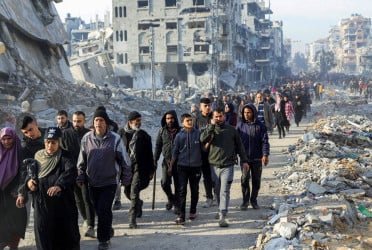Prime Minister Sheikh Hasina on Monday said that the shortage of food across the globe is “man-made”.
Urging the world community to stop war and politics with food and reach food to all as over 800 million people go to bed hungry globally, she said, “In a real sense, there is no shortage of food on the planet. The scarcity is simply man-made.”
Sheikh Hasina came up with the observation while speaking at the FAO World Food Forum 2022 as a keynote speaker – joining virtually from her official residence Ganabhaban reports BSS and UNB.
She said, “Things have now become worse with the Russia-Ukraine war, and subsequent sanctions and counter-sanctions, which have disrupted global food supplies and raised food costs.”
Hasina said that she had pleaded with the international community to stop the war, stop politics over food, and stop the wastage of food.
"I plead to the international community to stop the war, stop politics with food, and stop wastage of food. Instead, please ensure food supply to areas of food shortage and famine. As human beings, we must believe everyone has the right to survive with food and have a decent life,” she said.
The Premier said, "If, on the other hand, a fraction of the money invested in manufacturing weapons was spent on food production and distribution, no one would go hungry in this world."
Expressing happiness to attend the forum, she said the forum is taking place at a time when the global food system is reeling from the Russia-Ukraine war, sanctions and counter-sanctions, the Covid-19 pandemic, and the droughts across Africa, South Asia, and the Middle East.
"I hope it will foster dialogue among key stakeholders to advance important solutions for agri-food system transformation," she added.
Politics and business interests with food, challenges of climate change, and pest and disease attacks are all putting pressure on our agri-food systems, she continued.
The prime minister said she desires such a world free from hunger and poverty.
Mentioning that Bangladesh is now an attractive destination for foreign direct investment due to its liberal policies that included tax benefits, incentives for exports, and other inputs such as technology and competitive labour and laws conducive to investment, she called upon foreign investors to invest in its agro-sector.
She said, "Bangladesh has good potential for agro-processing industries. I would especially like to invite foreign investors to invest in this agro-sector."
The prime minister said Father of the Nation Bangabandhu Sheikh Mujibur Rahman led Bangladesh to join FAO in 1973 as he understood how important this international UN agency was for the newly born nation.
Among Bangabandhu's foremost initiatives was to call for a Green Revolution for the economic emancipation of the farmers and the working classes, she said.
She said, to realize it, Bangabandhu allocated a fifth of the development budget for agricultural uplift and established a host of institutions, including the Bangladesh Agriculture Research Council, Bangladesh Agriculture Development Corporation and the Bangladesh Krishi Bank, for the overall development of agriculture.
Hasina said there was four million metric tons of rice shortage when she assumed office, and there was in surplus of 2.6 million metric tons of rice at the end of her first tenure.
She said her government's policies included mechanization and new technologies for increasing food production; giving agricultural appliances to farmers at subsidized rates up to 50 to 70 per cent.
Despite it all, Sheikh Hasina noted that Bangladesh's agricultural sector is challenged by climate change and natural calamities.
Bangladesh, after all, is one of the most climate-vulnerable countries in the world, she said, adding, "And, climate change is a major threat to sustainable agriculture."
Yet Bangladesh and her resilient people have continued to move ahead tirelessly to attain self-sufficiency in all spheres of life, she said.
Along with agricultural products, Sheikh Hasina said Bangladesh has also succeeded in increasing the production of vegetables, fish, and other agro-based products, most of which are exported.
Bangladesh has today ranked second in jute and freshwater fish production; 3rd in rice and vegetable; 4th in tea production; and 1st among eleven Hilsa fish-producing countries, she added.
She also greeted the FAO for its support to Bangladesh to graduate from a food deficit to a food-sufficient country.
Bd-pratidin English/Golam Rosul


